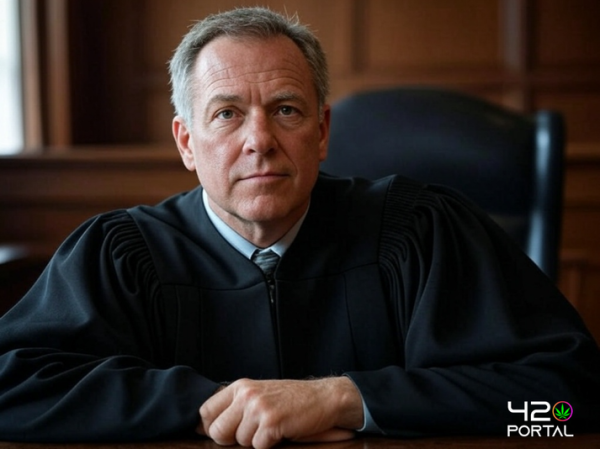Florida Marijuana Legalization Group Challenges Restrictive Ballot Initiative Law

05/16/2025
A group advocating for the legalization of recreational marijuana in Florida has joined a legal challenge against a new state law that imposes stricter regulations on citizen-led ballot initiatives. The organization argues that the law, which increases oversight and adds hurdles to the petition process, unfairly limits the ability of citizens to propose constitutional amendments. This challenge is part of a broader effort to protect the initiative process, which the group sees as critical to advancing policies like marijuana legalization.
The contested law requires additional verification steps for petition signatures, mandates more detailed financial disclosures from initiative sponsors, and grants the state greater authority to review and potentially reject proposed amendments. Critics, including the marijuana legalization group, contend that these provisions create unnecessary barriers, making it harder for grassroots campaigns to succeed. They argue that the law undermines the democratic process by restricting citizens’ rights to directly influence state policy through ballot measures.
The group’s involvement in the lawsuit aligns with its ongoing campaign to place a recreational marijuana amendment on the Florida ballot. Previous attempts to legalize cannabis through voter initiatives have faced challenges, including opposition from state officials and legal disputes over ballot language. Supporters of legalization emphasize that public opinion in Florida has shifted, with polls showing growing support for recreational marijuana. They believe the initiative process is essential for bypassing legislative resistance and allowing voters to decide the issue directly.
Opponents of the challenge, including some state lawmakers, defend the law, arguing it ensures transparency and prevents misleading or poorly crafted amendments from reaching the ballot. They claim the regulations protect the integrity of the constitution and prevent special interest groups from exploiting the initiative process.
The outcome of this legal battle could have significant implications for the future of recreational marijuana in Florida and the broader ability of citizens to propose constitutional changes. For now, the marijuana legalization group remains committed to both the lawsuit and its broader advocacy efforts, hoping to secure a path for voters to weigh in on cannabis policy.
Reference
The contested law requires additional verification steps for petition signatures, mandates more detailed financial disclosures from initiative sponsors, and grants the state greater authority to review and potentially reject proposed amendments. Critics, including the marijuana legalization group, contend that these provisions create unnecessary barriers, making it harder for grassroots campaigns to succeed. They argue that the law undermines the democratic process by restricting citizens’ rights to directly influence state policy through ballot measures.
The group’s involvement in the lawsuit aligns with its ongoing campaign to place a recreational marijuana amendment on the Florida ballot. Previous attempts to legalize cannabis through voter initiatives have faced challenges, including opposition from state officials and legal disputes over ballot language. Supporters of legalization emphasize that public opinion in Florida has shifted, with polls showing growing support for recreational marijuana. They believe the initiative process is essential for bypassing legislative resistance and allowing voters to decide the issue directly.
Opponents of the challenge, including some state lawmakers, defend the law, arguing it ensures transparency and prevents misleading or poorly crafted amendments from reaching the ballot. They claim the regulations protect the integrity of the constitution and prevent special interest groups from exploiting the initiative process.
The outcome of this legal battle could have significant implications for the future of recreational marijuana in Florida and the broader ability of citizens to propose constitutional changes. For now, the marijuana legalization group remains committed to both the lawsuit and its broader advocacy efforts, hoping to secure a path for voters to weigh in on cannabis policy.
Reference







